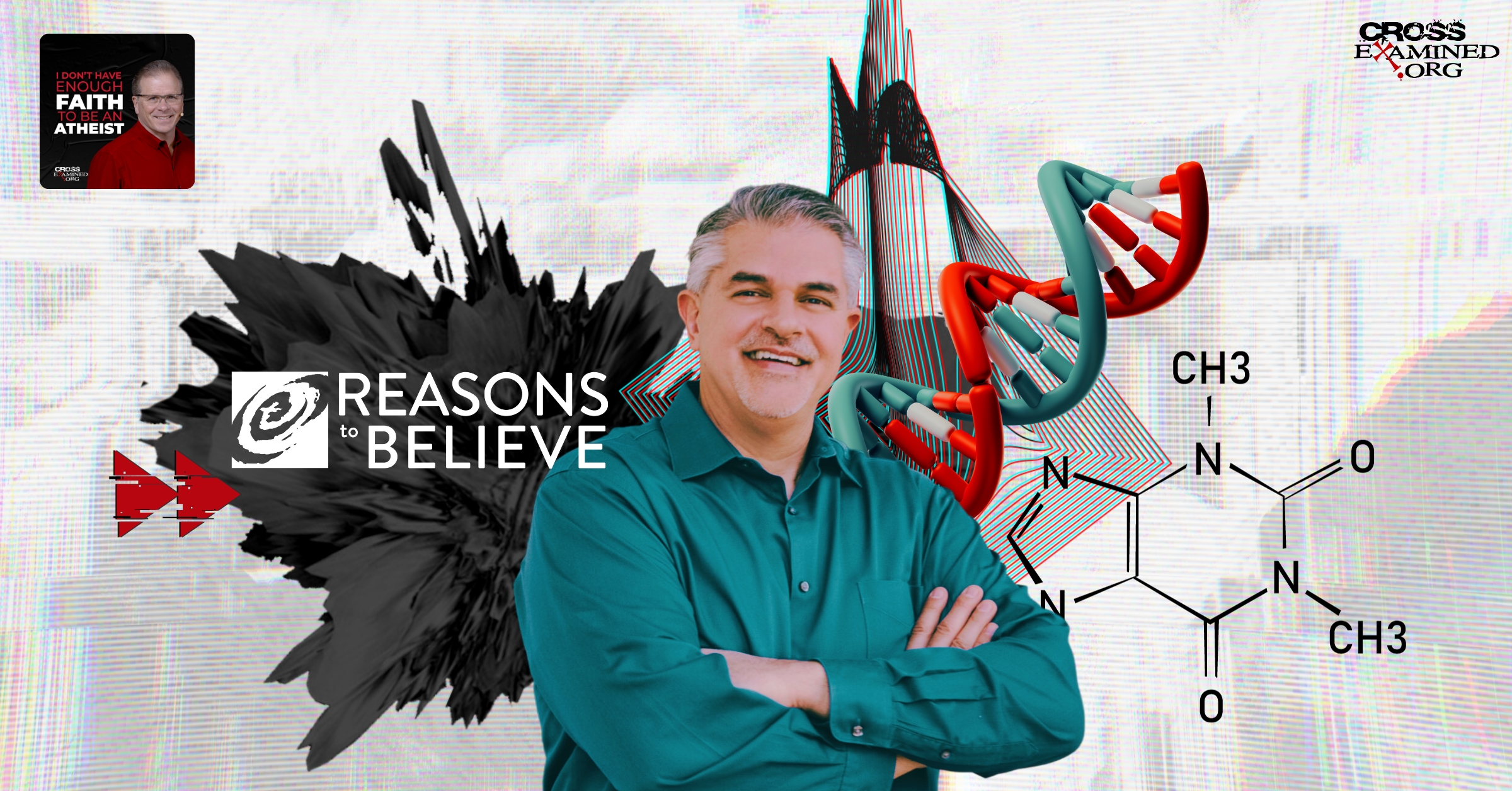
 I Don't Have Enough FAITH to Be an ATHEIST
I Don't Have Enough FAITH to Be an ATHEIST How Biochemistry Led Me to the Creator | with Dr. Fazale “Fuz” Rana
Nov 28, 2023
Dr. Fuz Rana, a former agnostic biochemist, discusses how he found faith in Jesus Christ through the elegance of biochemical systems. He explores his transition from Islam to Christianity and the impact of reading the Bible. The podcast also addresses the degradation of academia, challenges in defending faith, and the importance of a book called 'Rescuing An Errancy.'
Chapters
Transcript
Episode notes
1 2 3 4 5
Introduction
00:00 • 6min
Transition from Materialism to Spirituality
05:39 • 14min
The Degradation of Academia and Genetic Scarring
19:33 • 12min
Bioengineering, Complexity, and Balancing Leadership and Scholarship
31:17 • 3min
Challenges Faced in Defending Faith and the Importance of a Book
34:41 • 3min


